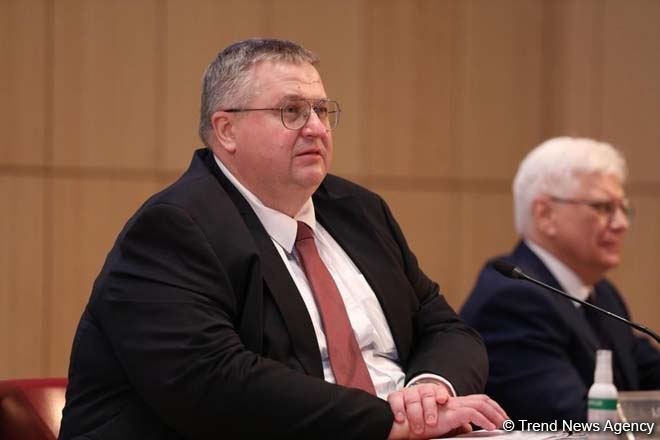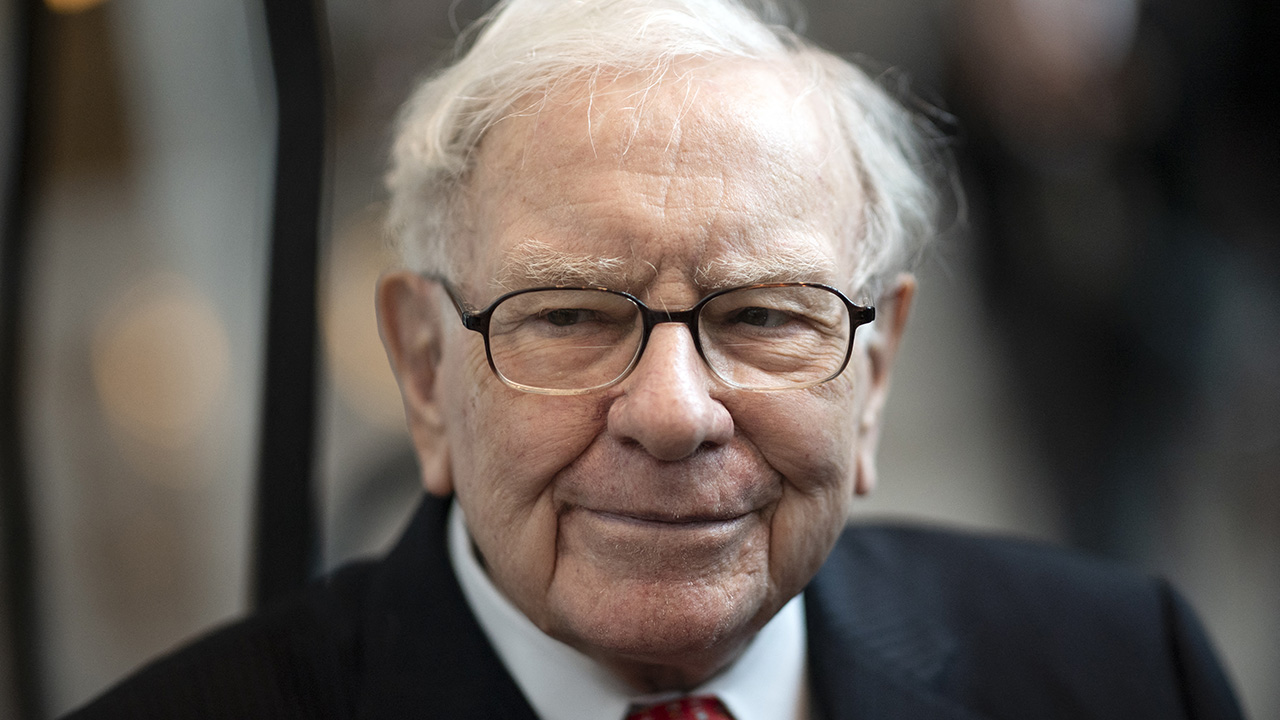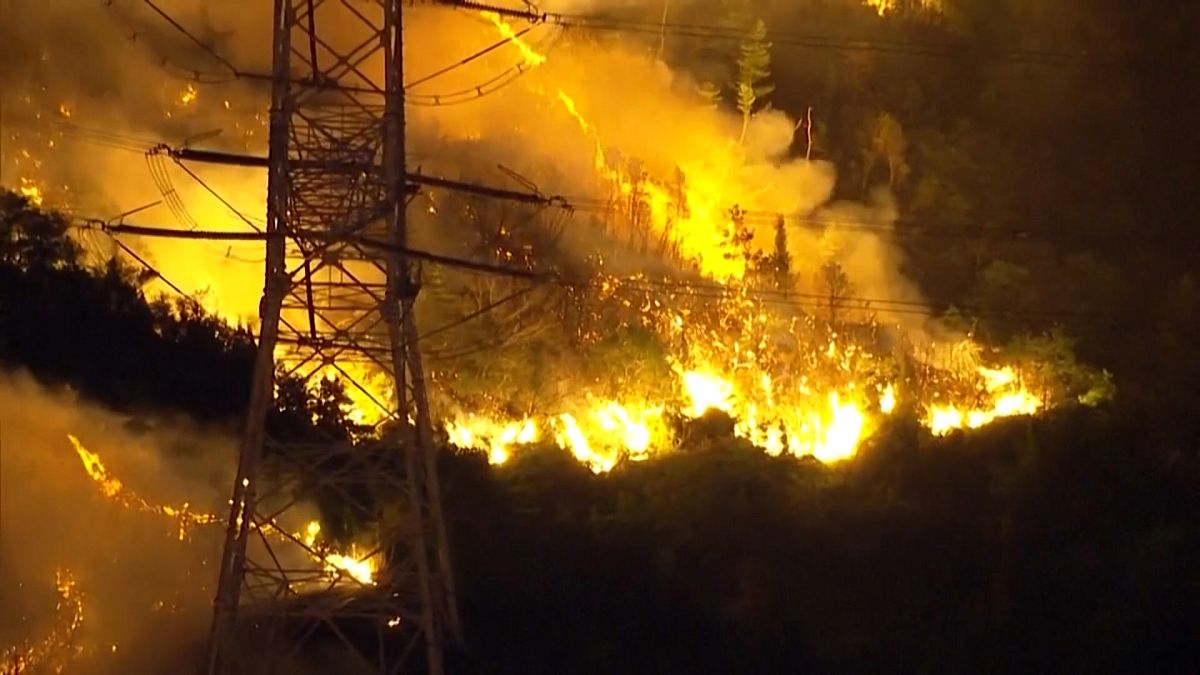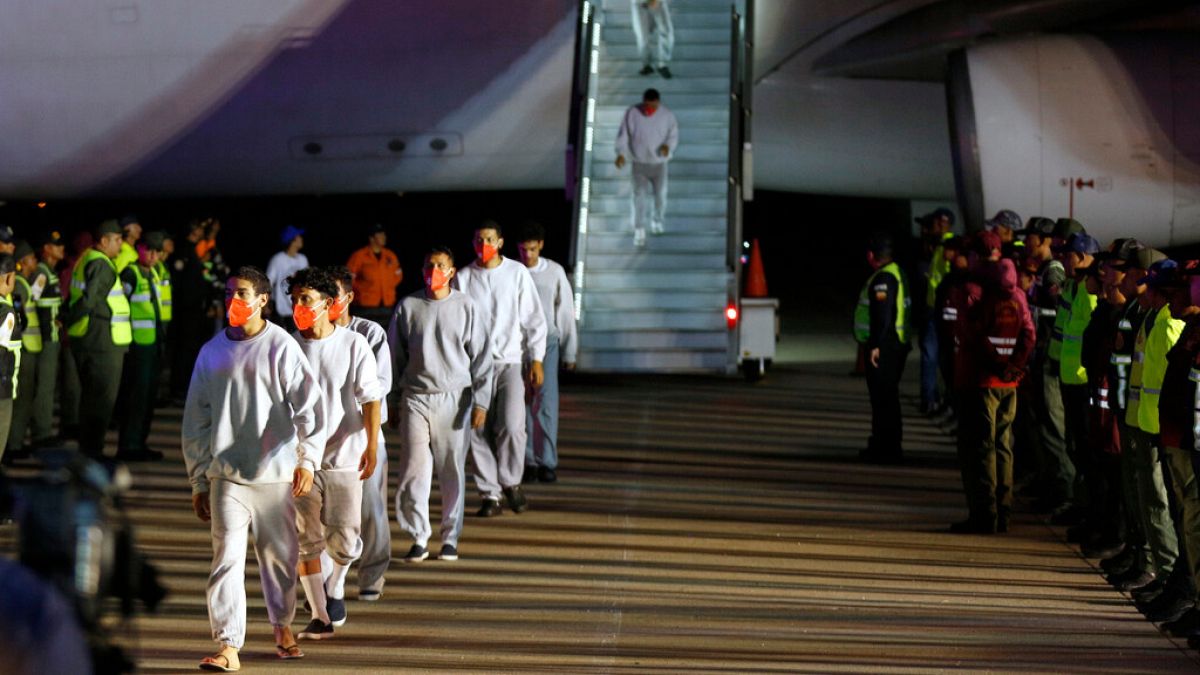Mr. Gibson Explores the Human Frontier in “Space: Ever Further, Ever Faster Now”
In Space: Ever Further, Ever Faster Now, Mr. Edward Gibson, former astronaut and visionary author, redefines the limits of human ambition. This gripping work explores the next chapter of space exploration, blending scientific insight with philosophical depth. A must-read for those captivated by the cosmos, innovation, and the evolving role of humanity beyond Earth.

When Mr. Ed Gibson speaks about space, you don’t just listen—you lean in. His voice carries the weight of lived experience, of someone who has both touched the stars and spent years contemplating what that truly means. In his newly released podcast, streaming now across Book Publishers LLC’s official social media platforms, Gibson shares an extended reflection on his latest book Space: Ever Further, Ever Faster Now—an articulate, riveting meditation on humanity’s past, present, and future among the stars.
This isn’t a promotional sit-down. It’s a thoughtful, wide-ranging conversation guided by insight and sincerity. The podcast captures Gibson’s contemplative tone as he introduces listeners to the intellectual framework behind his latest work. It isn’t just about rockets or orbits—it’s about what space means for who we are, where we’ve been, and where we might be headed.
Beyond Launches: A Chronicle of Human Ambition
The book itself, published earlier this month, charts the arc of human ambition in space. From the first dreams of flight to the ultra-modern endeavors of private spacefaring ventures, Gibson examines the evolution with both technical clarity and emotional depth. In the podcast, he expands on these themes with a personal touch—sharing reflections that can’t be found in footnotes or chapters.
He opens by considering the historical pace of space advancement. “We keep pushing further, and each step takes less time than the last,” he says, referencing the title’s cadence: Ever Further, Ever Faster Now. It’s not hyperbole—it’s a factual observation of how humanity’s reach into the stars has accelerated. Gibson frames this trend not as a race, but as a rhythm: a movement of civilization toward something greater, but also more uncertain.
Space as Philosophy, Not Just Physics
Listeners are treated to a retrospective glance at milestones in space history, woven together with Gibson’s own memories from within the space program. But this isn’t a nostalgia piece. What makes the conversation truly gripping is how seamlessly Gibson shifts from historical detail to broader philosophical terrain. He speaks about space not only as physical terrain but also as an existential frontier.
In one particularly resonant segment, he touches on the “thin line between progress and peril.” It’s easy to marvel at the technology behind launches and telescopes, but Gibson cautions that the speed of innovation must be matched with reflection. What values are we carrying with us into orbit? What systems of thought are being exported to other planets? These aren’t rhetorical questions. They’re Gibson’s quiet challenge to every listener.
The Personal Lens of Exploration
The podcast unfolds like a voyage—each idea builds on the last. He shares how writing the book required revisiting archival research, but also re-engaging with colleagues and new thinkers in aerospace, ethics, and engineering. That process, he notes, revealed how much the field has diversified in thought, background, and ambition.
The conversation doesn’t linger in technicalities, though. One of the most powerful aspects of the podcast is Gibson’s ability to translate high-level science into universal ideas. He speaks about the psychological solitude of space, likening it to a form of internal exploration. He describes the sensation of looking back at Earth—fragile, luminous, alone in the black. It's a perspective that recalibrates priorities. "Out there," he says, "you begin to understand just how rare and important everything down here is."
He also shares thoughts on how future generations will relate to space—not as something foreign or unreachable, but as an extension of our living environment. It’s a subtle shift, but one that alters everything. If space becomes home, then so do the responsibilities of stewardship, design, governance, and morality.
Gibson doesn’t position himself as a futurist. He doesn’t predict technologies or announce timelines. Instead, he offers a framework for thinking—a structure for questions. What role should space play in addressing Earth’s challenges? How do we avoid repeating past mistakes on new ground? Should exploration always equal expansion?
The podcast episode is rich in these types of inquiries, many of which ripple beyond science and into the cultural imagination. Gibson discusses the role of storytelling in space advancement, highlighting how fiction and science have long fed into each other. He cites literature, film, and philosophy as influences—not just calculations and data sets.
A Framework for the Future
He also touches on how the book includes voices from beyond the aerospace field: climate scientists, ethicists, educators, even poets. This multidisciplinary lens adds depth to the project, ensuring that Space: Ever Further, Ever Faster Now is not just a technical account, but a human one.
As the conversation moves toward its latter half, Gibson becomes more reflective. He speaks softly but with purpose about the importance of maintaining humility in the face of cosmic scale. Space, he suggests, has a way of resizing the ego. It reminds us that intelligence isn’t the same as wisdom—and that advancement without awareness can lead to unintended consequences.
Still, there’s a prevailing tone of optimism throughout. Gibson believes in the potential of humanity to meet the demands of space exploration with integrity and imagination. He praises the young minds entering the field today—diverse, driven, and undeterred by limits. He closes by emphasizing that the future of space isn’t written by any one nation, company, or agency. It’s a collective undertaking. And it starts with curiosity.
The podcast episode is already drawing significant engagement from educators, scholars, and space enthusiasts. Audiences are responding not just to Gibson’s credentials, but to the calm clarity of his message. He doesn’t sensationalize. He invites reflection. He elevates the dialogue.
Space: Ever Further, Ever Faster Now stands alone as a comprehensive chronicle, the podcast offers a uniquely intimate window into the mind behind the manuscript. It’s not a summary—it’s a conversation.
In a world that often rushes past the “why” in favor of the “how,” Mr. Gibson’s voice is a steady call to pause, consider, and proceed with purpose. He reminds us that space isn’t just the next place—it’s a mirror. And in that mirror, we may find both our limits and our possibilities.



















































.png?Expires=1838763821&Key-Pair-Id=K2ZIVPTIP2VGHC&Signature=IO0~CT3pU-TcxGc~yoZSmoQx23MZVuK-~4jSii~NKEblRmyO3el7NXPu~Rh1o23voASg7hlcHLw4kvQuDK1jssEhcjoNBBvEpZ~GGOAU6yosBhpHpeF179F~h7i6VxmsBNh9gtTutkoqY73O2YCFey~IAqSzKbBqETP1kP9cAg1916Z1YkJJs-5MliMrkZ5d7-mWGLbpHp2wGj2VlMph8XzYlL4~y1O7fB~JdIS~Rs4RMRs2x0WT1qUIpHAsf3GdwtOyAmKFSpIg8xCyNGZZ5h~13nXlmpd7uPvW8tBfttpG9pFTqcway-uch5WyfHOEfi7UlJCOWrr6fCYY5PMgSg__)







